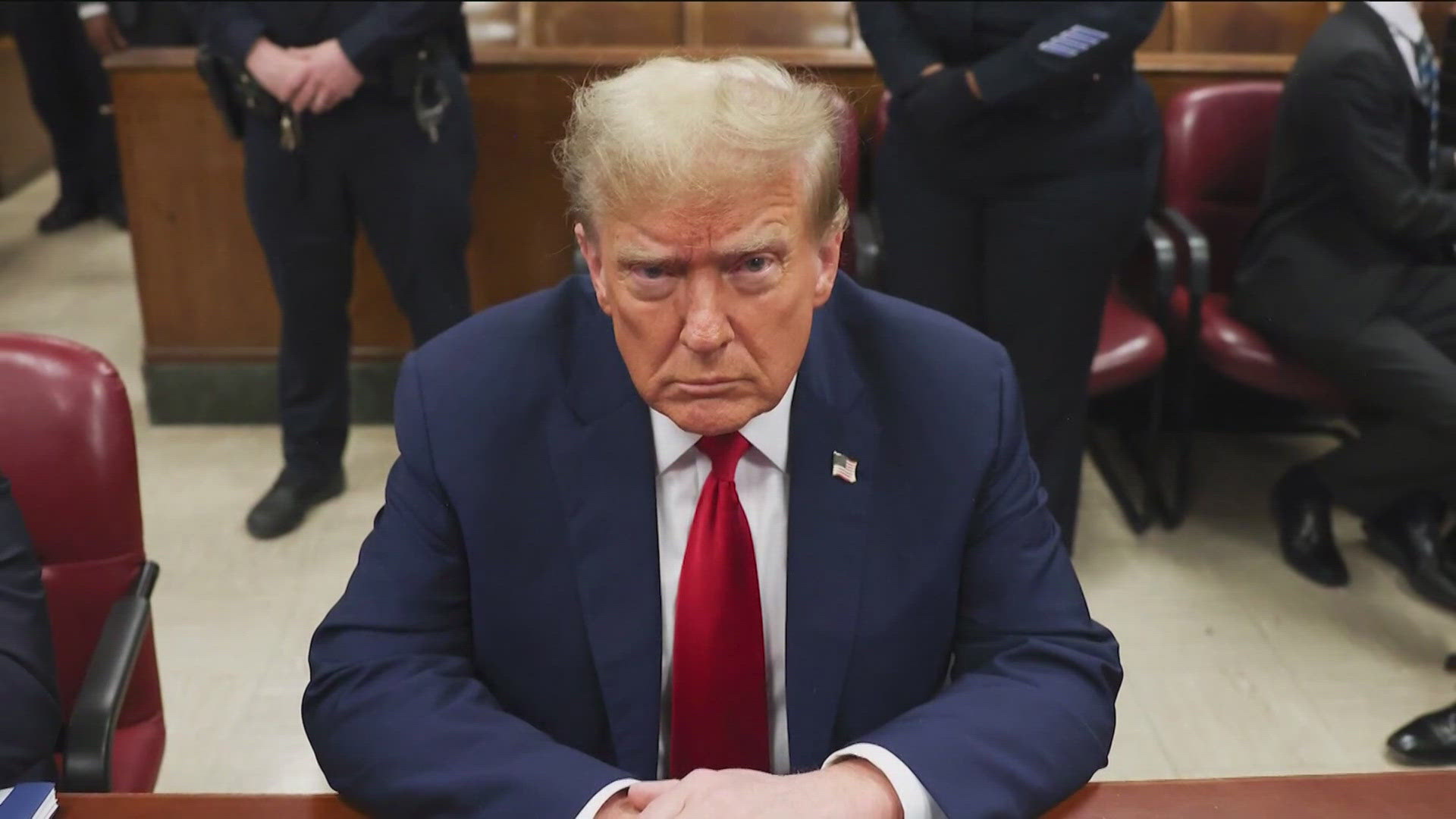ATLANTA — The Supreme Court of the United States issued its ruling on Monday on presidential immunity and whether former President Donald Trump can face criminal prosecution for his alleged role in the January 6 attacks.
Experts say the precedent could extend down the Georgia election interference probe.
"There is immunity for official acts. This falls in line with previous cases under President Nixon and President Clinton," said John Acevedo, associate dean of students and academic programs at Emory University School of Law. "But, there's no immunity for unofficial acts."
In the majority opinion, justices wrote, "certain allegations — such as those involving Trump’s discussions with the Acting Attorney General — are readily categorized in light of the nature of the President’s official relationship to the office held by that individual."
"Other allegations — such as those involving Trump’s interactions with the vice president, state officials, and certain private parties, and his comments to the general public — present more difficult questions," they wrote.
Some of the Fulton County RICO indictment allegations could fall in that gray area.
"What's likely to be deemed official would be anything to do with recounts," Acevedo said. "Unofficial would be the forging of signatures by the electors, the RICO itself would be an unofficial act —engaging in racketeering is not part of the presidency."
Each of those decisions would likely have to be made on a case-by-case basis, which is what the federal district court in D.C. will have to do as a result of the SCOTUS decision.
"One thing the court clearly wanted to do is weigh in on this carefully because it's not just a question of where we are today in 2024. It's where the country might be in 2050 or 3000 — far into the future," said Kent Alexander, an author and former U.S. Attorney. "What the court was doing was basically saying, here's some guidelines on determining what the gray area is, then you lower courts decide what it is."

